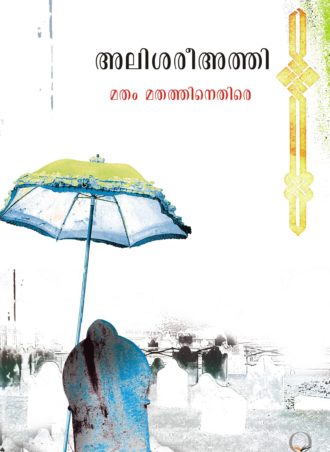Biography

Dr. Ali Shariati
ʿAli Shariʿati (born 1933, Mazīnān, Iran—died June 19, 1977, England) was an Iranian intellectual and critic of the regime of the shah (Mohammad Reza Shah Pahlavi). Shariʿati developed a new perspective on the history and sociology of Islam and gave highly charged lectures in Tehrān that laid the foundation for the Iranian revolution of 1979.
Shariʿati received early training in religion from his father before attending a teachers college. He later studied at the University of Mashhad, where he earned a degree in Arabic and French. He became active in politics while a student and was imprisoned for eight months. He received a Ph.D. in sociology from the Sorbonne in Paris, and while there he met Jean-Paul Sartre, French sociologists, and Iranian student dissidents. Profoundly influenced by his experience in Paris, Shariʿati returned to Iran and was jailed for six months in 1964. After his release, he taught at the University of Mashhad until his lectures and popularity were deemed threatening by the administration. He then went to Tehrān, where he helped establish the Husayniya-yi Irshad (a centre for religious education) in 1969. In the following years Shariʿati wrote and lectured on the history and sociology of Islam and criticized the current regime, Marxism, Iranian intellectuals, and conservative religious leaders. His teachings brought him great popularity with the youth of Iran but also trouble from the clerics and government. He was imprisoned again in 1972 for 18 months and then placed under house arrest. He was released and left Iran for England in 1977. Shortly after he arrived Shariʿati died of an apparent heart attack, but his supporters blamed the SAVAK, the Iranian security service, for his death.
Shariʿati’s teachings may be said to have laid the foundation for the Iranian revolution because of their great influence on the Iranian youth. His teachings attacked the tyranny of the shah and his policy of Westernization and modernization that, Shariʿati believed, damaged Iranian religion and culture and left the people without their traditional social and religious moorings. Shariʿati called for a return to true, revolutionary Shiʿism. He believed that Shiʿite Islam itself was a force for social justice and progress but also that it had been corrupted in Iran by its institutionalization by political leaders.




